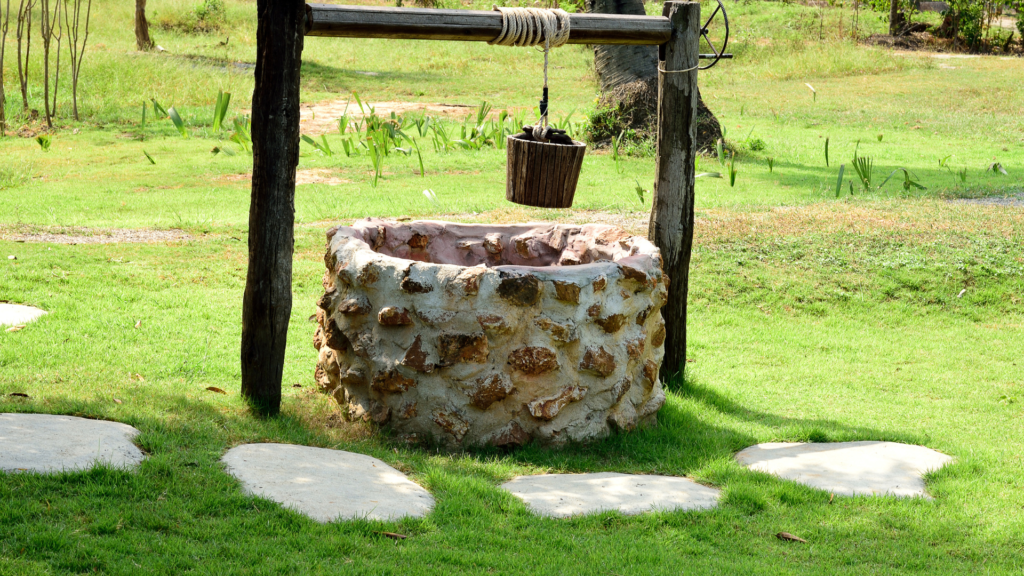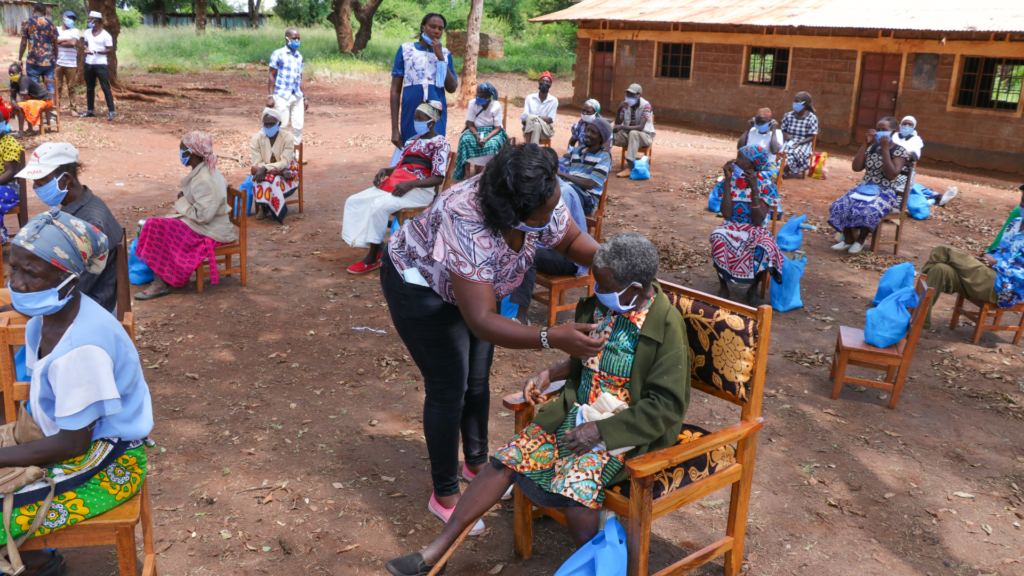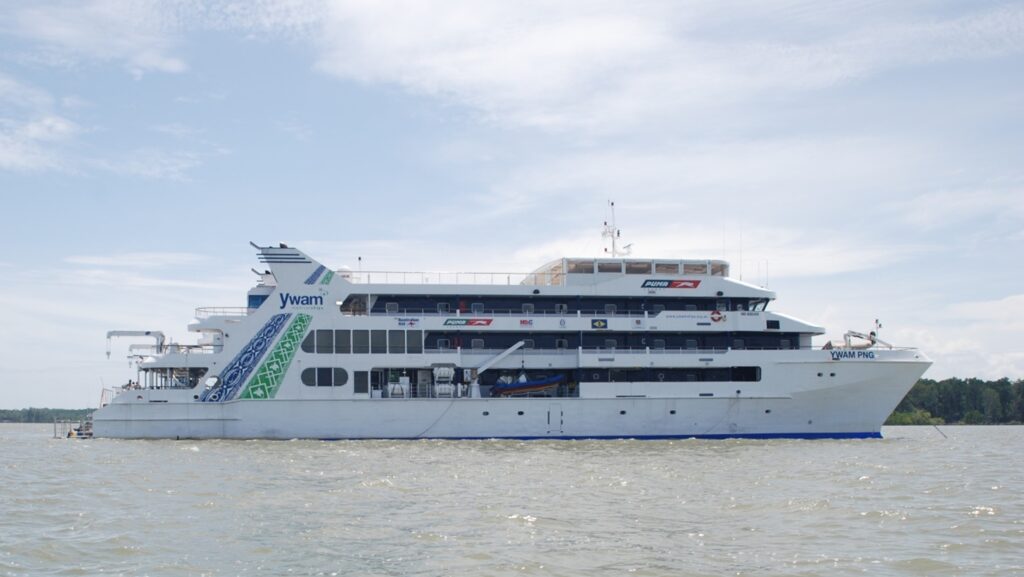Globally, 1.5 billion people living in rural areas lack access to essential healthcare services. According to the World Health Organisation, more than 1 billion people worldwide are patients of healthcare facilities that have insufficient infrastructure to provide essential services. Fewer than 50% of rural healthcare facilities in Sub-Saharan Africa have reliable access to water, a pattern that is seen in 78 other developing countries across the globe. Water is essential for the provision of healthcare as it allows for handwashing, drinking water, cleaning and the sterilisation of medical equipment.
The main sources of water for rural healthcare facilities are similar to those sourced for remote communities. Rainwater harvesting and surface water are the easiest water sources to capture locally and communities have often grown in areas where these sources are available. Rainwater is a high-quality source of water as it is relatively easy to capture, store and contains few contaminants. Surface water sources however are becoming increasingly polluted so, water sources are being supplemented with fresh groundwater from shallow wells or from water carting. Deeper wells often are less contaminated than shallow wells but are harder to dig and can have a higher mineral content.

An average hospital can require between 500L and 1000 L per bed per day. This value is largely independent of location. Water is required for staff consumption, patient care, heating and cooling. handwashing, cooking, cleaning and the sterilisation of medical equipment. This means that healthcare facilities are very water intensive locations. Rural healthcare facilities have the added burden that many have aging infrastructure as their remoteness and low patient numbers means they do not attract the same levels of funding as larger, more centralised healthcare facilities. Additionally, it is more difficult for rural healthcare facilities to raise the necessary funds to maintain their water supplies. This means that many healthcare facilities in remote locations struggle to maintain a consistent supply of water which has a detrimental effect on patient care.

Moerk Water have worked extensively with rural healthcare facilities in East Africa and the Pacific, performing water audits and advising healthcare facilities on water conservation measures such as leak detection and repair and the installation of water saving devices. These measures are relatively low cost and can have a large benefit for improving water supplies. However with climate change, conventional water sources such as rainwater, surface water and shallow groundwater are becoming less reliable. This means that non-conventional water treatment systems, such as water recycling systems or brackish and seawater desalination systems are increasingly being used to provide rural healthcare facilities with a sustainable source of water for their patients.
There are still large issues around how rural healthcare facilities can secure their water supplies given their historically low levels of funding. Typically funding comes from government sources, charitable donations and aid organisations. However, rural populations are steadily declining across the world, meaning there are fewer patients in rural healthcare facilities, meaning they are less likely to receive funding. This is an issue Moerk Water is passionate about addressing.
To find out more about our work in rural healthcare facilities, visit our projects page.




